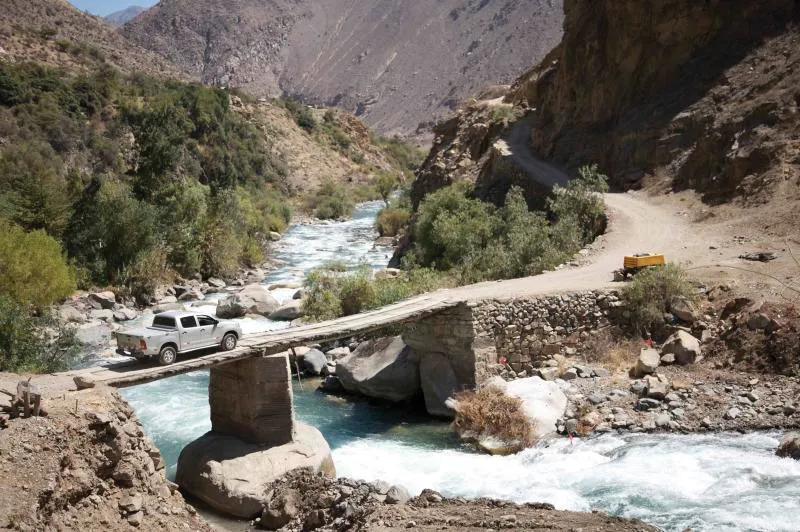Costa Rica's road network requires further investments to prevent it from worsening. According to data from the Ministry of Public Works and Transport (MOPT) some US$200 million/month is required to tackle the issue.
February 10, 2012
Read time: 1 min
Costa Rica's road network requires further investments to prevent it from worsening. According to data from the 2536 Ministry of Public Works and Transport (MOPT) some US$200 million/month is required to tackle the issue. This sum is equivalent to 79% of the National Roads Council's (2538 Conavi) annual budget for 2011, which stands at nearly $256 million. The MOPT has acknowledged that such investments would improve the country's competitive edge. At present, the Conavi only spends some $110 million in repairing roads/year. MOPT says that at present a mere 1.5% of the country's gross domestic product (GPD) is spent on transport, although the MOPT hopes this figure will increase to 2.5% until 2035.








